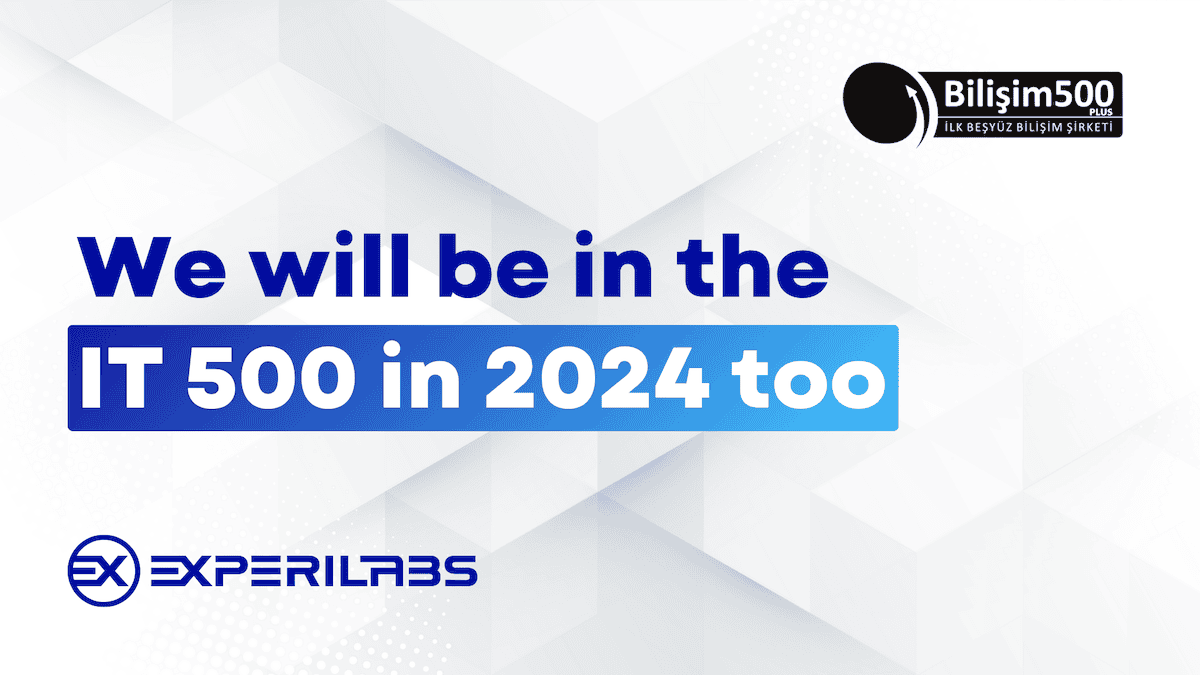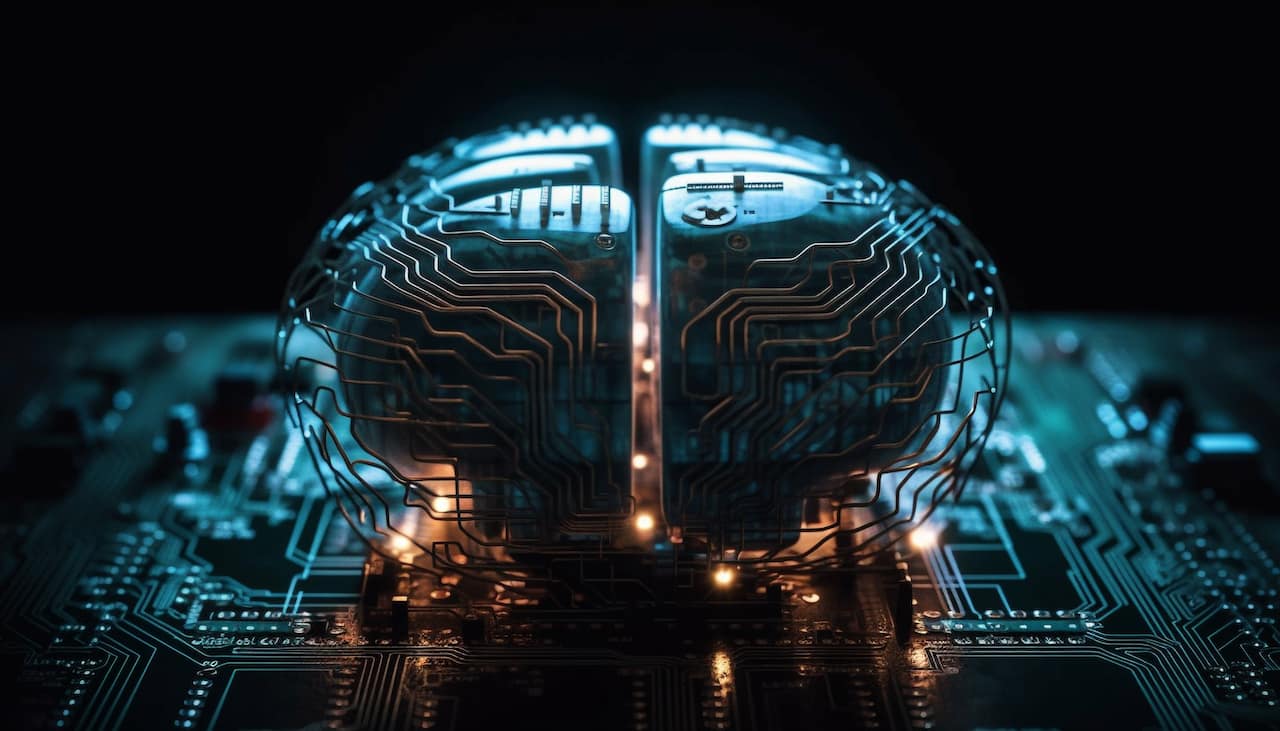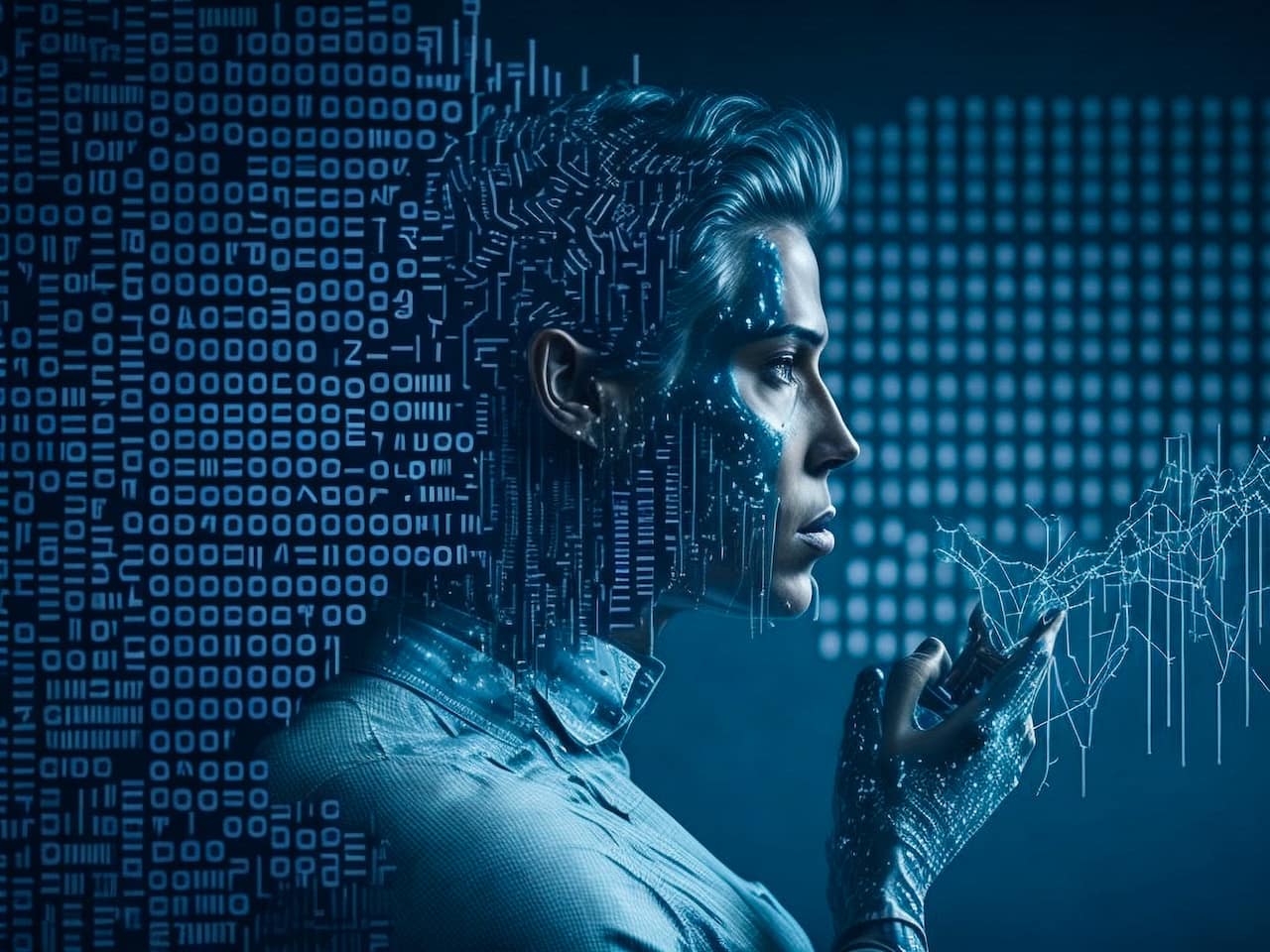Artificial Intelligence (AI) has seamlessly integrated into our daily lives, often without us even noticing. From personalized recommendations on streaming services to voice-activated assistants, AI technologies are reshaping our experiences and interactions. This post explores the multifaceted impact of AI, highlighting its applications in various sectors and pondering its future implications.
AI in Consumer Technology
In the realm of consumer technology, AI enhances user experiences through smart personalization. Algorithms analyze our preferences to suggest content, products, and services tailored to our tastes. Voice assistants like Siri and Alexa, powered by AI, have transformed how we interact with our devices, enabling hands-free control and providing instant information.
AI’s Role in Healthcare
AI’s impact on healthcare is profound, offering revolutionary changes in diagnosis, treatment, and patient care. Machine learning models can predict health outcomes, assist in early detection of diseases, and personalize treatment plans. AI-driven robots assist in surgeries, improving precision and reducing recovery times.
Automation and the Workforce
The integration of AI into the workforce has sparked discussions on automation and employment. While AI can automate repetitive tasks, freeing up humans for more complex problem-solving, it also raises concerns about job displacement. The challenge lies in balancing efficiency gains with the workforce’s adaptation to new roles.





